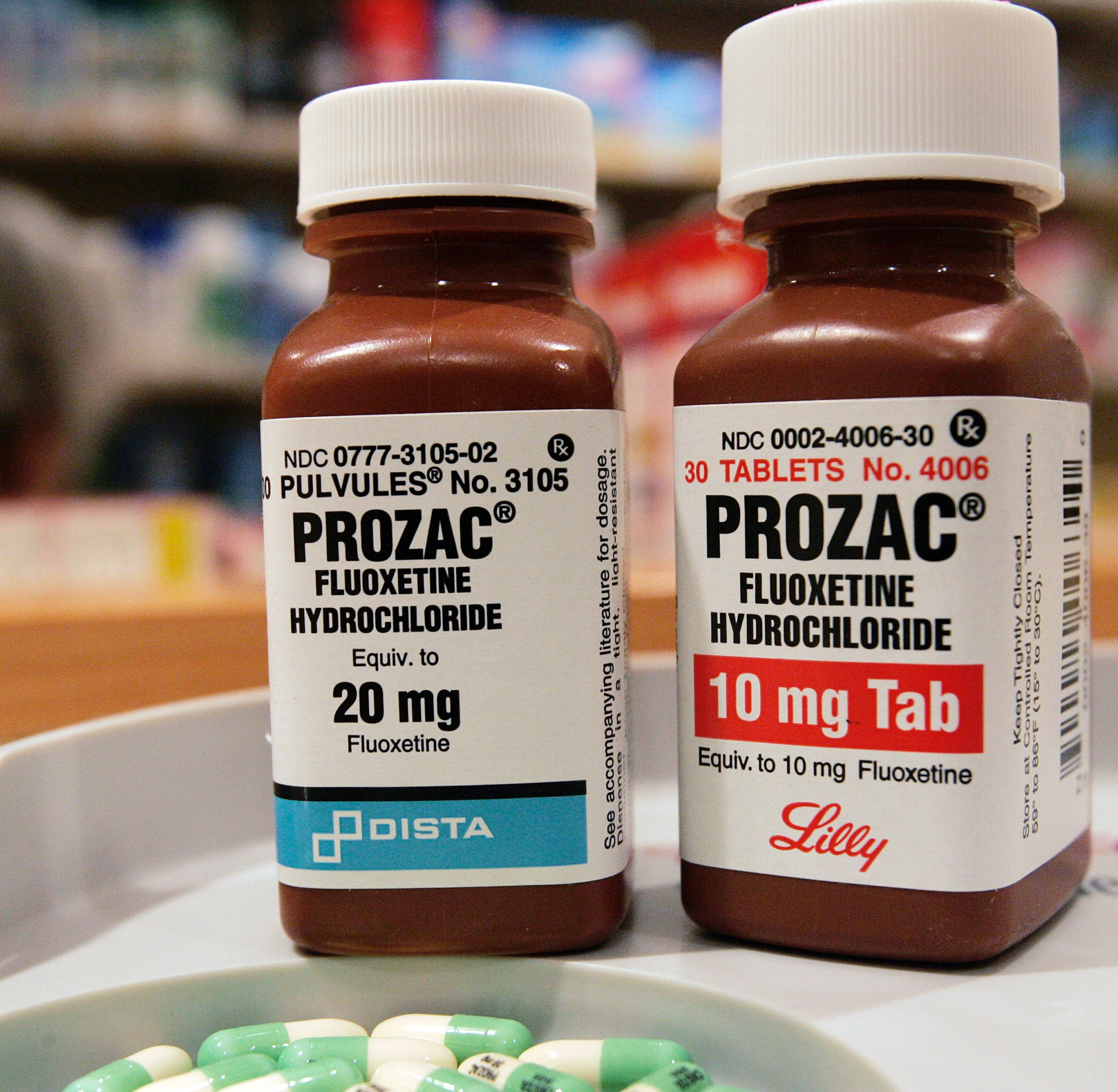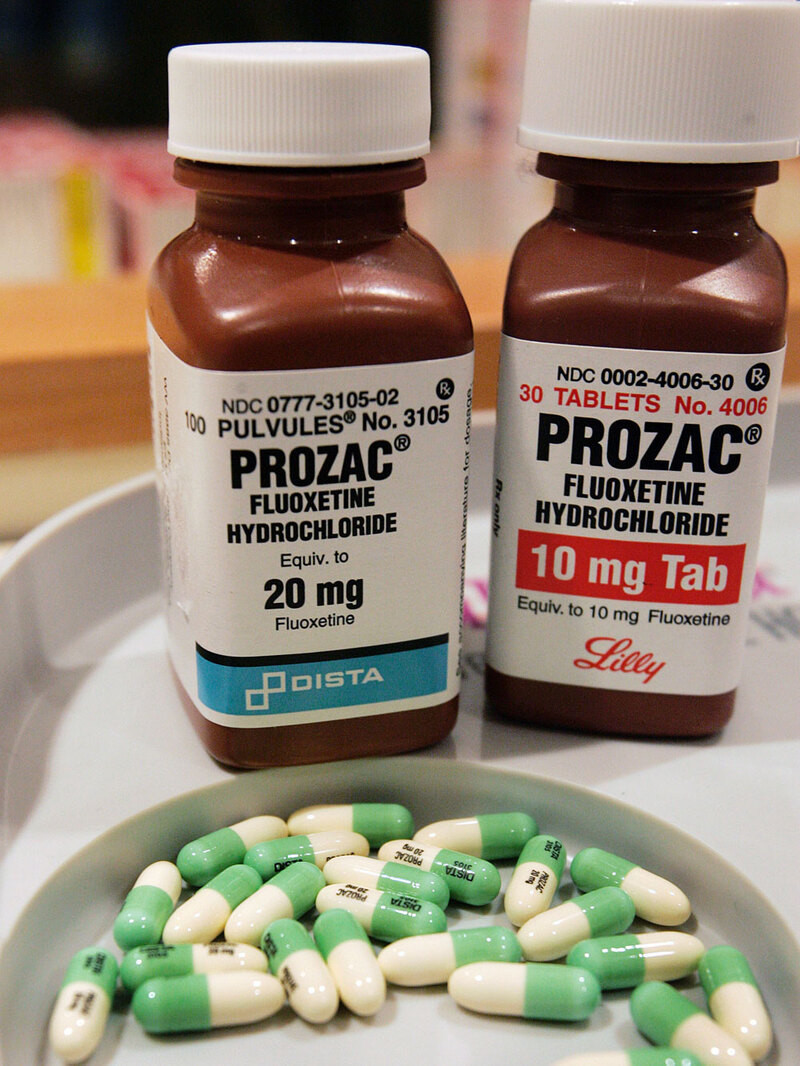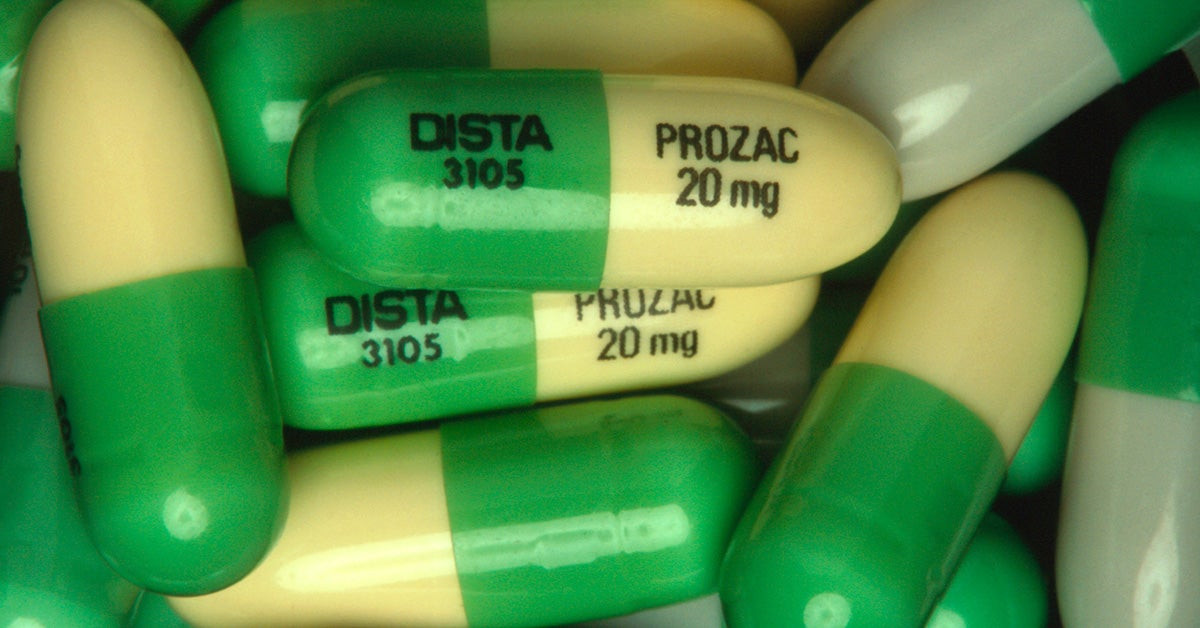Pollution from the production of antidepressant medication is altering fish behavior and reproductive traits, highlighting the importance of understanding how such chemicals can affect aquatic ecosystems, according to a new study.
Biologists from Monash University in Australia and Italy's University of Tuscia investigated how long-term exposure to pharmaceutical pollutants, which they said are "widespread in aquatic ecosystems globally," affect the behavior, life history and reproductive traits of freshwater fish, specifically guppies, researchers said in a paper published Monday in the Journal of Animal Ecology.
Antidepressant Pollution: A Growing Threat to Aquatic Ecosystems
Antidepressants, which have been formulated to have a "very specific effect" on humans to mitigate anxiety symptoms, have been observed to have the same behavior-altering effect on guppies exposed to pollutants that leak into waterways during the production of the medication, Giovanni Polverino, assistant professor at the University of Tuscia and one of the study's authors, told ABC News. The researchers exposed progeny of wild-caught guppies to varying levels of fluoxetine, the antidepressant commonly sold under the brand name Prozac, over five years and across multiple generations, according to the paper, which describes fluoxetine as "a widespread pharmaceutical pollutant."
The Impact of Fluoxetine on Guppy Behavior and Reproduction
During that time, researchers studied and noted the activity and risk-taking behavior of the male guppies, as well as life-history traits – such as body condition and coloration – and reproductive traits, including "sperm vitality, number and velocity." They found that exposure to fluoxetine had a dose-specific negative effect on the life-history and sperm traits of guppies, eroding natural variation in both activity and risk-taking behavior among individuals in the study group.
Even at low concentrations, exposure to fluoxetine altered the male guppies' body condition and increased the size of their gonopodium, which is the anterior fin used as a male reproductive organ, the latter resulting in fish that "swam on average less and hid more than others." Fluoxetine exposure in some cases and at different levels also reduced sperm velocity, which is an essential factor for reproductive success, the researchers said.
Impact on Energy Allocation and Trade-offs
Exposure to fluoxetine is essentially causing a trade-off between competing functions, Polverino explained, noting that living beings typically have an "energy budget." If the guppy is spending a lot of energy on activity, it probably has less energy to compete with other males for mating, he added. The researchers also discovered that plasticity – that is, the fishes' capacity to adjust their behavior – collapsed as a result of the presence of the pollutant, Polverino said. So while the guppies survived the exposure to the pollutant, they are less likely to adapt to other changes to the environment, such as climate change, other pollutants, or alien species.
The Urgent Need for Action
The study concluded by emphasizing the urgent need for a comprehensive and holistic approach to assessing the ecological and evolutionary consequences of pharmaceutical pollutants in aquatic ecosystems. Polverino said their findings suggest that fluoxetine in the ecosystem may have similar effects on other species. "Our world is changing pretty fast, and animals will be less and less capable to adjust because of the effect of this pollutant." The researchers also highlight the need for a change in how we manage pharmaceuticals in our society. This includes improving wastewater treatment processes to remove pharmaceuticals before they are released into waterways, and encouraging responsible disposal of unused or expired medications.
The Source of Pharmaceutical Pollution
When patients take any type of prescription medicine, their bodies do not absorb all of the medication. The residue is excreted in urine or faeces, which is then flushed through toilets and passes into waterways and waste treatment centres. Even at waste treatment centres, where wastewater is treated to remove contaminants, many of our modern-day water treatment plants were not designed to filter out chemicals related to pharmaceuticals. Once the treated water is pushed back into waterways, the pharmaceutical-tainted water can still be absorbed by fish. Furthermore, unused or expired medication is frequently – and improperly – disposed of through toilets, adding to the problem.
The Urgent Need for a Holistic Approach
The study's authors stressed the need for further research to understand the full impact of pharmaceutical pollution on aquatic ecosystems. They also urged for a comprehensive approach that includes improving wastewater treatment, promoting responsible medication disposal, and raising public awareness of this critical issue. By addressing this problem, we can ensure the health and well-being of our waterways and the species that depend on them.
Conclusion: The Future of Aquatic Ecosystems Hangs in the Balance
The findings of this study serve as a stark reminder of the impact of human activities on the natural world. As our reliance on medication grows, it's crucial to understand the consequences of pharmaceutical pollution and take steps to mitigate it. This includes not only improving wastewater treatment processes but also promoting responsible medication disposal and raising public awareness about the issue. By working together, we can protect our aquatic ecosystems and ensure the health and well-being of the species that depend on them.



















